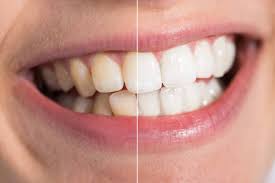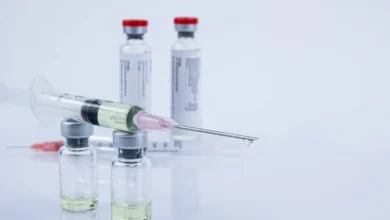Understanding the Different Types of Senior Moments Healthcare

As we age, we may experience more frequent memory lapses, known as senior moments. Understanding the different types of senior moments in healthcare can bring peace of mind.
Senior healthcare focuses on recognizing and managing these normal age-related changes. Have you ever forgotten where you placed your keys or struggled to recall a familiar name?
These minor memory slips can be a regular part of aging and senior moments healthcare aims to address them. By identifying specific types of senior moments, we can better navigate the journey of aging with confidence and support.
Normal Age-Related Changes in Memory
The most common type of senior moment is related to normal age-related changes in memory. These changes are a natural part of the aging process. It can include difficulty in recalling names, dates, or events.
It may be due to physiological changes in the brain, such as decreased blood flow and slower processing speed. It does not indicate a more serious condition like:
- dementia
- Alzheimer’s disease
Tip-of-the-Tongue Moments
Tip-of-the-tongue moments refer to those frustrating situations where you know a word or name but can’t recall it. This is a common type of senior moment and can happen to people of all ages.
Yet, as we get older, these moments may occur more frequently due to changes in the brain’s ability to retrieve information efficiently. It is vital not to become too alarmed by these lapses as they are often temporary and do not impact daily functioning.
Misplacing Objects
Misplacing objects can be anything from forgetting where you put your glasses or phone. It is to lose track of important documents or keys.
This forgetfulness can be frustrating and cause stress, but it is a common occurrence as we age. It can be helpful to establish a routine for organizing crucial items and minimizing the chances of misplacing them.
Absentmindedness
Absentmindedness is another type of senior moment. It often occurs in individuals who are juggling multiple tasks or responsibilities. This may involve:
- forgetting appointments
- missing deadlines
- struggling to remember tasks
This type of memory lapse can be managed by creating reminders and lists. Stay organized as much as possible.
When to Seek Medical Attention
While most senior moments are a normal part of aging and do not need medical attention, it is important to be aware of any changes. These changes may warrant medical assistance for seniors. If you or a loved one are experiencing frequent memory lapses that impact daily functioning or become severe over time, it may be a sign of a more serious condition.
In these cases, seeking medical assistance for seniors can help identify any underlying issues. It provides appropriate care and support.
Learn About the Different Types of Senior Moments Healthcare
Senior moments healthcare helps manage normal age-related memory changes. It is crucial to differentiate between normal lapses and serious conditions. Regular check-ups and open communication can offer reassurance.
Tips like organizing and using reminders are beneficial. Senior home healthcare can provide additional support and monitoring.
Always seek medical advice if memory lapses worsen. Understanding senior moments in healthcare brings confidence in aging gracefully and securely.
Did you find this article helpful? If so, check out the rest of our site for more informative content.




